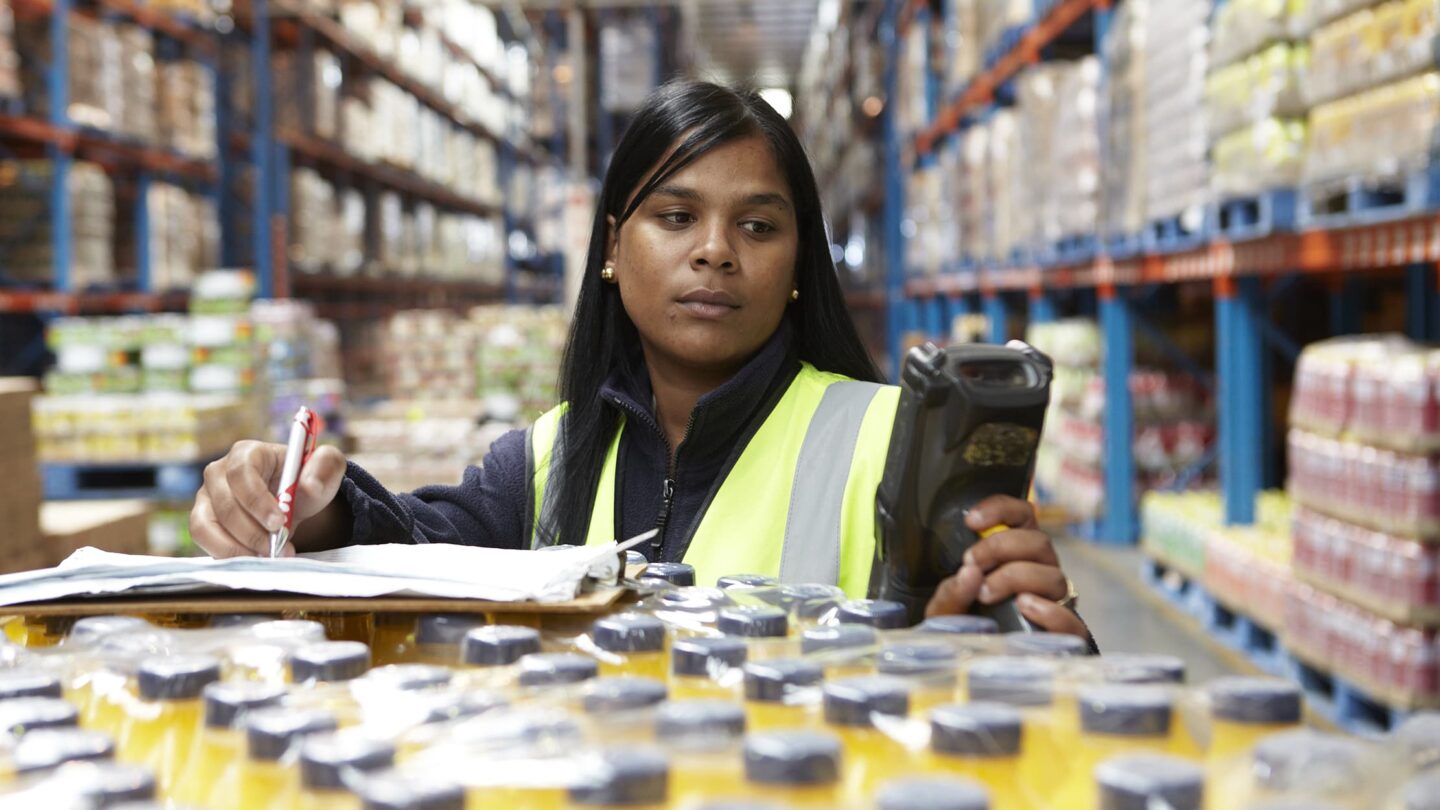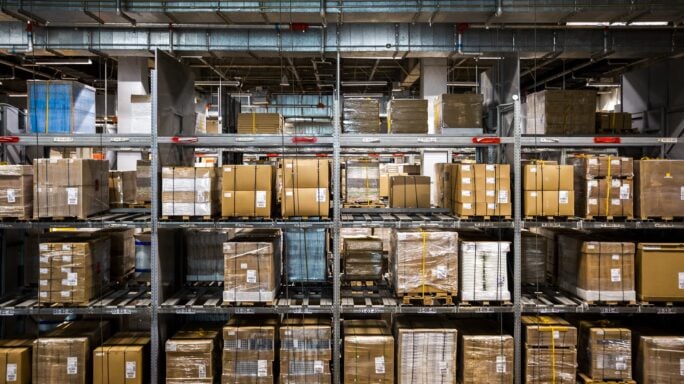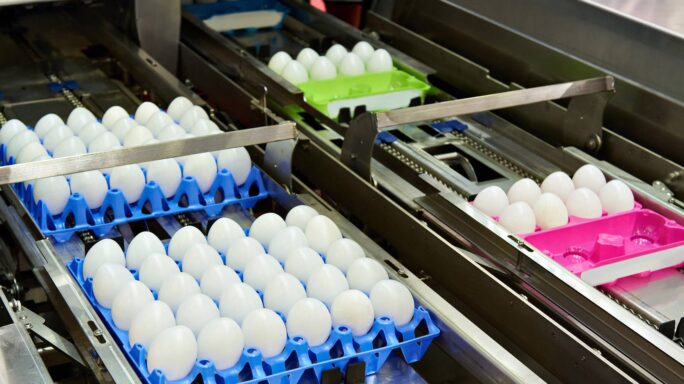Money Matters
How large food manufacturers can ensure high quality across supply chain

When it comes to food production, both health and safety and quality control are imperative. However, despite the many precautions food manufacturers take to ensure quality and safety of their products, research shows 48 million people get sick, 128,000 are hospitalized, and 3,000 die from foodborne diseases each year in the United States.
Such alarming numbers have put the focus back on supply chain traceability. Though the current regulation calls for ‘farm-to-fork traceability’ of food products, the truth however is, it is rarely just farm-to-fork, it is more like farm to the manufacturer to wholesales to the retailer to the refrigerator to table and so on. Stuck in between this vast and complex supply chain is the food manufacturer, who has to manage perishable raw material, manage deliveries, track use-by dates and adhere to strict food safety regulations.
Juggling all of these requirements, while trying to control cost and manage growth can be quite tricky, especially for large food manufacturers, who are constantly under pressure to deal with a high volume of raw material, balance numerous transactions and manage distribution difficulties on a large scale.
However, food manufacturers can ensure high quality across the supply chain by following these three basic strategies.
Manage expiration date
The perishable nature of raw materials makes things a little tricky for food manufacturers. Closely managing the expiration and best before dates of raw materials and final goods by monitoring stock in real-time can help manufacturers to understand how fast a product needs to be moved or consumed. Doing so will help not only in maintaining the freshness of the product but also in reducing wastage as items will not be left rotting on the shelf.
Focus on quality
For a manufacturer, ensuring high quality across the supply chain is important not only because the end product directly affects the health and well-being of their consumers, but also because it affects the health and well-being of their company. Tracking your ingredients, at every step of the production process can help minimize the risk of a product recall, as well as ensure that your products are free from any toxins or contaminants.
Avoid overstocking
Overstocking is nothing but money lost in wastage. Whilst there is no denying that food companies deal with the most unpredictable demand and supply in the business, overstocking is only going to make matters worse for your organization. Inability to use the overstocked material within its stipulated time will put your entire production unit at risk of contamination. Therefore, avoid overstocking and practice lean manufacturing to save money and reduce wastage.
Food production is complicated. Managing the many facets of the complex supply chain requires a great deal of effort. As a small manufacturer or a start-up, you might find it easy to use spreadsheets or keep manual records to maintain business information across the board, but as your business grows, you will need a comprehensive software solution that protects your brand, minimizes your losses and enables you to provide high-quality products to your consumers.







Ask the author a question or share your advice